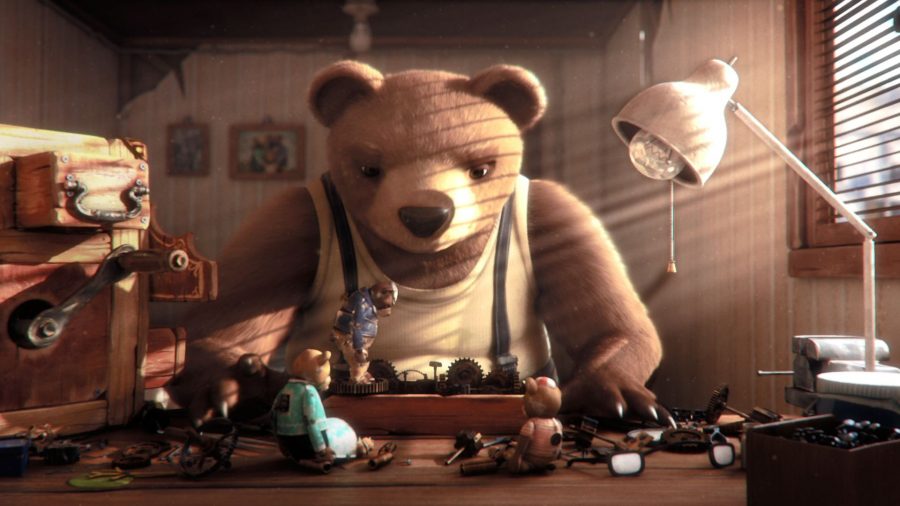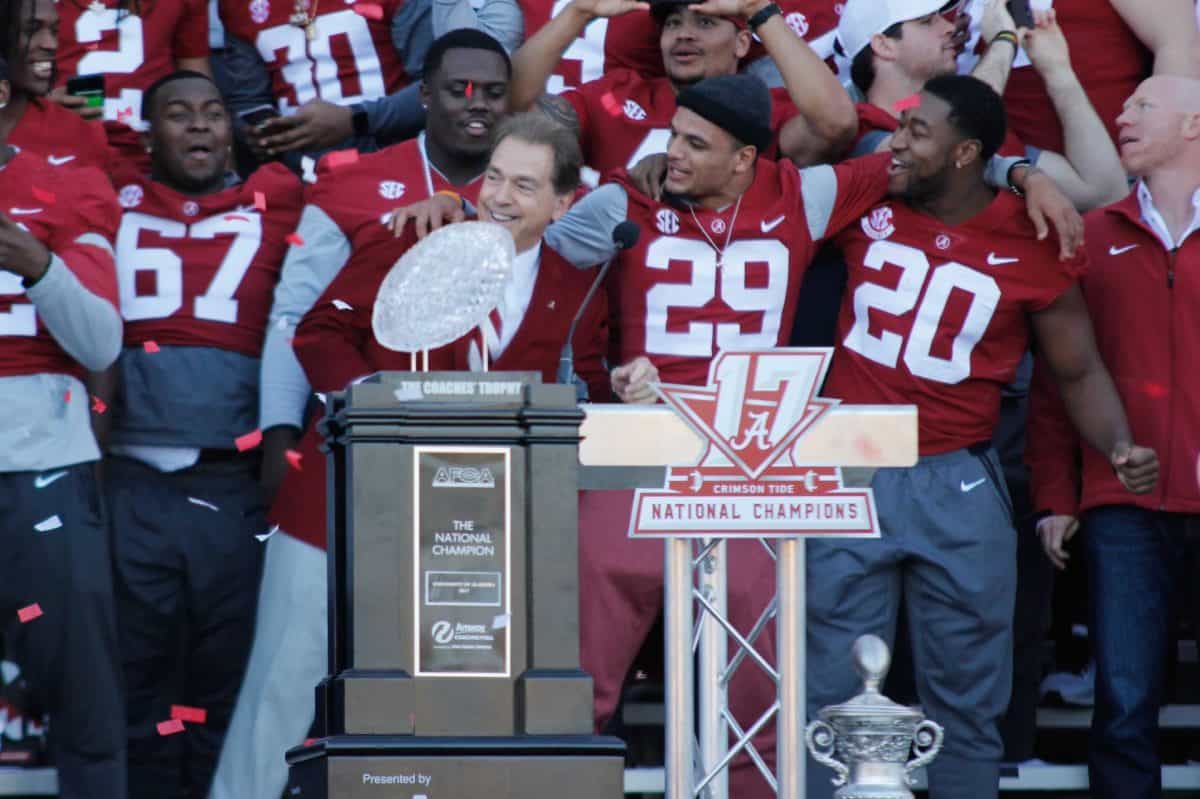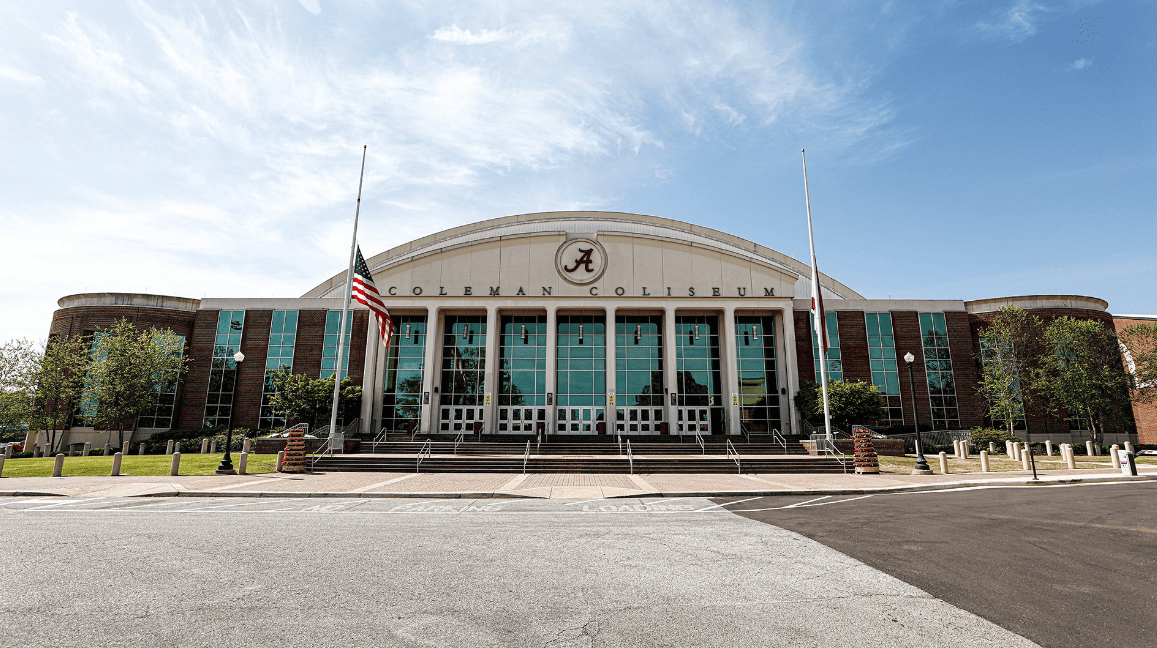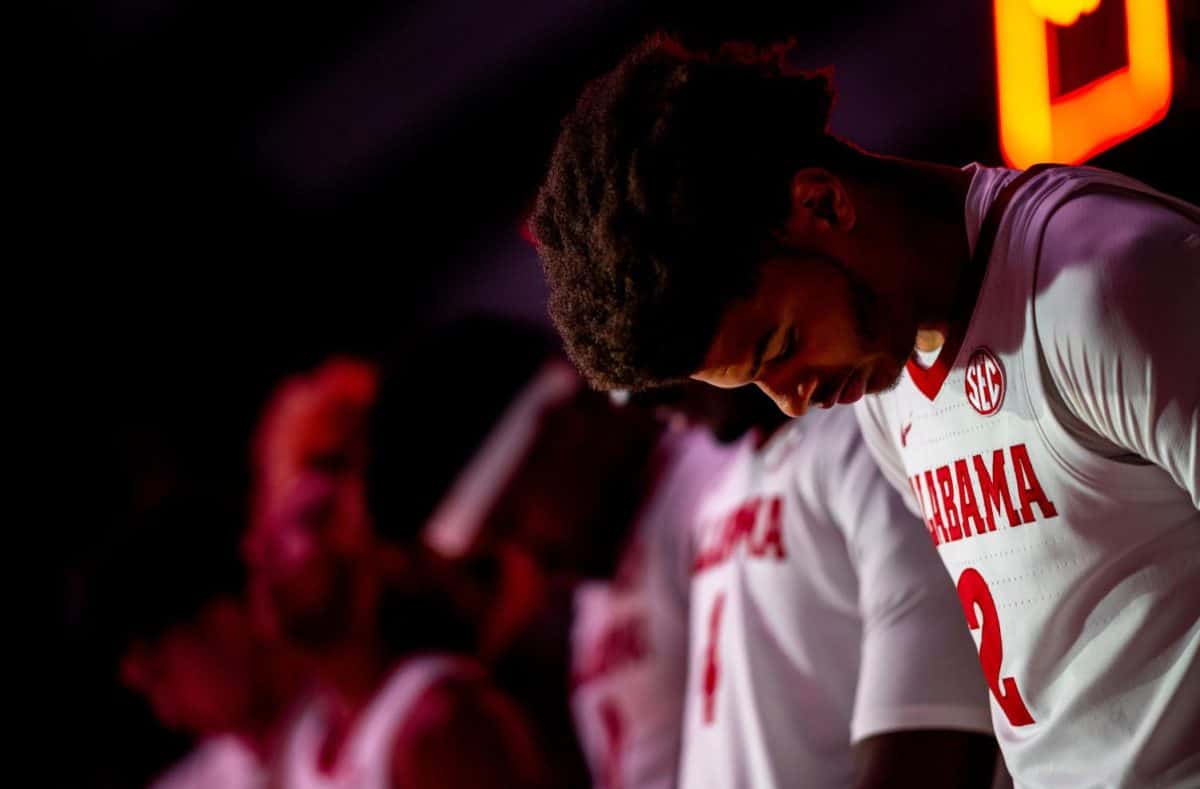Dozens of moviegoers gathered on a brisk fall night in 1998 to see the first Manhattan Short Film Festival. The event’s original incarnation featured twelve short films, which were screened on the side of a truck in Little Italy. From these beginnings, the festival has grown to be a global event.
Over the course of this week, the Manhattan Short Film Festival will simulcast in theaters on 6 continents. Audience members all around the world get to vote on which movie they think is the best. On Thursday, the show will come to the Bama Theatre, giving Tuscaloosa an opportunity to participate in this global cinematic event.
“It’s amazing how it’s grown and what it’s grown into,” said Nick Mason, the founder and producer of the show.
When he began the series in 1998, it was simply his way of helping actors and directors get their films screened. The idea to expand the show came in the aftermath of a tragedy.
In 2001, the festival was scheduled to show in Union Square Park just a few days after the 9/11 attacks. The city government of New York encouraged Mason to put the festival on despite the crisis, which started a positive buzz about the series.
“We got a lot of attention because it was like the Olympics of film,” he said. “More entries came in, and I was watching the films, and, they’re more revealing to how the world was feeling than watching the BBC or the NBC News. So the idea came to try and branch it out and get more people to see it.”
In 2004, the festival expanded to seven cities in seven states, with audiences judging the films.
The idea to grow the festival overseas came shortly afterwards. Mason said that he was inspired by a World War II documentary featuring images of the Auschwitz concentration camp in Krakow, Poland. He saw this program in the mid-2000s, when anti-war sentiment was high in the United States.
“It was a time when everyone was in a war they didn’t believe they should have been in, and I thought well, we could put the festival not just in the US, but in Europe,” he said. “I sort of thought, let’s get the closest venue we can to Auschwitz and start there.”
Mason then travelled to Europe to talk to the owner of a cinema in the square of Krakow, who was also able to contact several other independent theatres in Eastern Europe.
“After that, I thought, man, I’m just going to keep on adding a continent every year.”
Now the show will play in 250 cities all around the world. However, there is one place Mason would still like to reach.
“It’s everywhere but Antarctica,” he said. “I tried to get a station in Antarctica to be involved, but they were just too hard.”
The films that make it into the final lineup for the festival are chosen by Mason and a committee of volunteers. Submissions come from around the world, and can be from any format or genre. The only requirement is that they are less than 18 minutes long.
When choosing which movies make it into the final show, Mason said he often looks at the results of previous year’s festivals and tries to pick shorts similar to those people responded to in the past.
“In a way, it’s starting to be programmed by the public,” he said.
Frank Vizard describes himself as a volunteer for the festival. He’s been involved with the organization for seventeen years, and serves on the committee that helps select which movies make the final cut.
“It’s really hard to say what makes a good short film, because there’s so many collaborative elements that are involved in it, between the director, the actors, whoever wrote it, the cinematographer.” Vizard said. “But I will say, once you see one, you know it. Basically, it’s a film that you watch it, and you go ‘oh wow,’ and you’ve got something.”
Vizard said that the festival grew exactly the way that he hoped it would. Mason, however, said he is still taken aback sometimes by the success of his creation.
“If it’s good intentions behind it, whatever it is, it can be a song, a poem, whatever it is,” he said. “[If] you throw it out to the public, and the public take to it, magic happens.”







